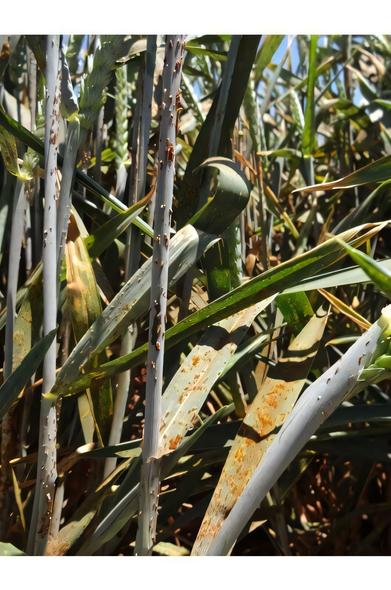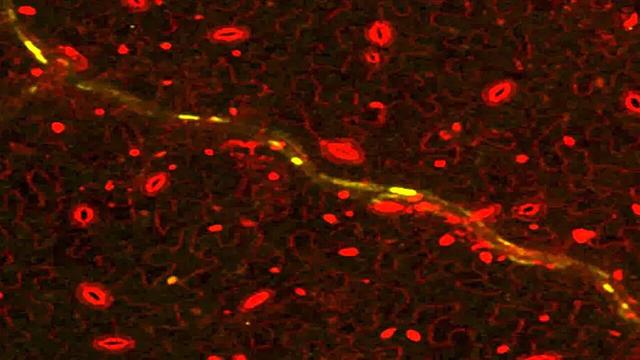
Discovery reveals key molecular event that boosts wheat's defense against devastating disease
A new study published in Science by a team of scientists across five continents led by King Abdullah University of Science and Technology (KAUST) Associate Professor Brande Wulff reports a previously unknown molecular event that initiates the immune response to a major wheat disease. The findings provide strategies to engineer wheat that has stronger immunity against infection.

Too much of a good thing: How high nitrogen levels compromise plant immunity
Even for plants, there can be too much of a good thing. When nitrogen levels are too high, for example due to excessive fertilization, plants become more susceptible to certain diseases. However, the exact reasons are not yet fully understood.

Discovery of wheat gene pair that combats powdery mildew could lead to more resistant varieties
A study has identified a wheat nucleotide-binding and leucine-rich repeat (NLR) gene pair, RXL and Pm5e, that confers resistance to the devastating wheat powdery mildew disease.

How plants fend off pathogens: The role of calcium and kinases
Plant pests such as bacteria and fungi lead to significant yield losses in agriculture. In order to develop new strategies against such pathogens, understanding the plant's immune response is of central importance.

'Unheard of in structural biology': New enzyme models reveal disease insights
When nucleic acids like DNA or RNA build up in a cell's cytoplasm, it sets off an alarm call for the immune system. Enzymes usually clear these nucleic acids before they cause an issue, but when these enzymes don't work and the immune system gets called in, it can lead to autoimmune and inflammatory diseases.

Potatoes with the right 'antennas': Origin of novel broad resistance to late blight found in wild potato relatives
All over the world, huge quantities of crop protection agents are sprayed to control potato blight (Phytophthora infestans). The mechanisms of resistance of potatoes need to be better understood to make growing this crop more sustainable. Researchers of Wageningen University & Research together with their colleagues in Tübingen and Norwich have now taken an important step. Their research has been published in the journal Science.

Researchers develop new method for precisely quantifying systemin, a plant peptide hormone
In a study published in Plant Communications, Chu Jinfang's team from the Institute of Genetics and Developmental Biology of the Chinese Academy of Sciences (CAS) has proposed a new method for high-accuracy measurement of tomato systemin (TomSys), an important plant peptide hormone. The technology gives biologists a powerful tool to study the TomSys-mediated systemic defense responses and further develop crops with high yield and excellent adaptability.

How a fungus sidesteps a plant's defense mechanism
RIKEN scientists have discovered how a parasitic fungus renders harmless a powerful anti-fungal compound produced by some plants. As well as providing a fascinating glimpse into the ongoing arms race between plants and parasites, the finding could be useful for developing new therapies for people.

